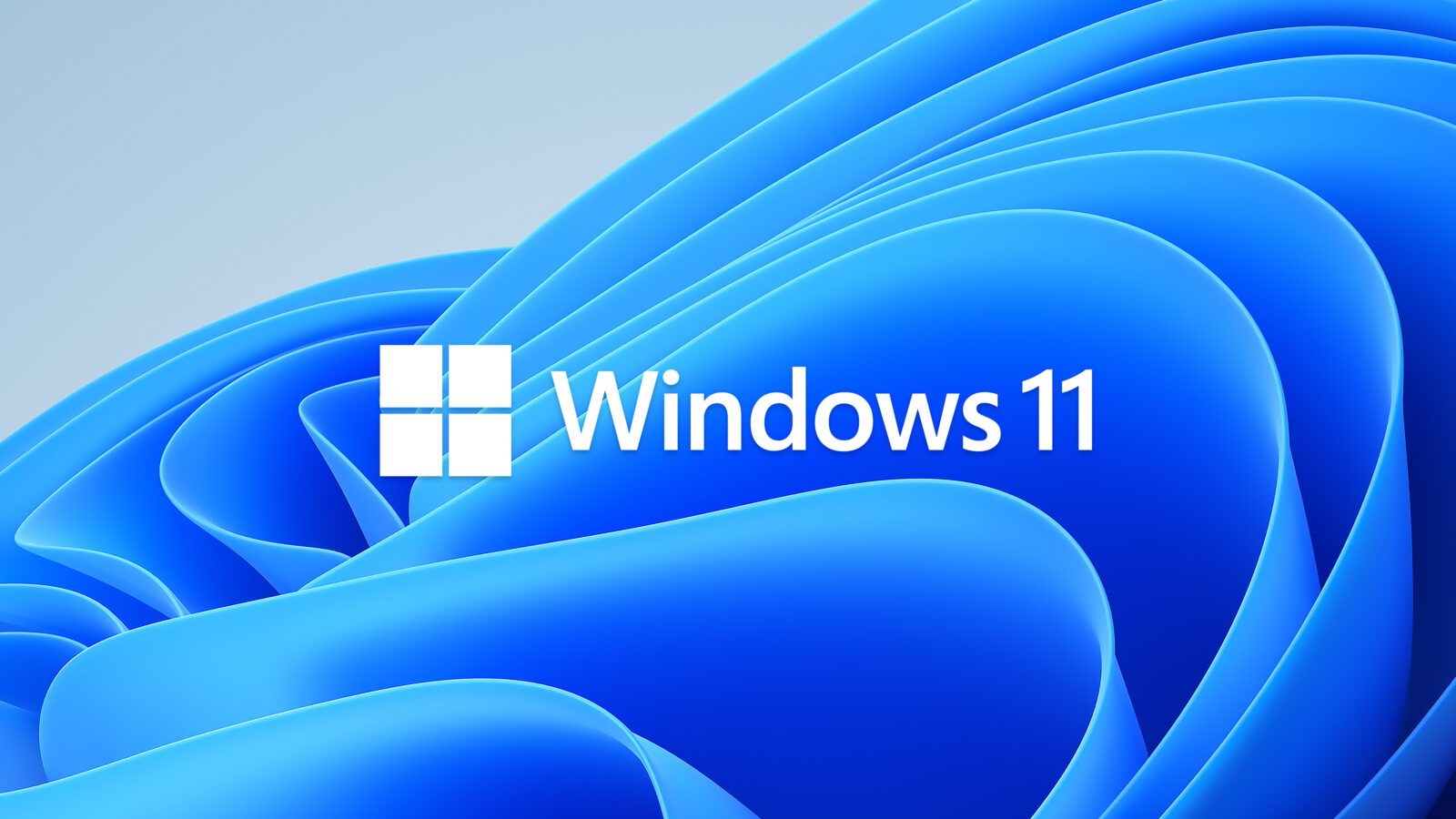Microsoft announced their upcoming operating system, Windows 11, earlier this year, which has an extensive list of restrictions if your device has older hardware or is a Mac.
The company has just updated the operating system’s CPU requirements, but it’s not yet known what’s up with Mac support.
As per a June report, Microsoft imposed three primary requirements for a computer to run Windows 11.
First, it must be equipped with a 64-bit 1GHz or faster processor, parried with a minimum of 4GB of RAM and 64GB of storage.
Additionally, the computer requires a DirectX 12 compatible GPU and includes support for TPM 2.0.
However, Microsoft has just announced a modification to the CPU requirements.
The company stated that only chipsets released after 2017 could be able to run Windows 11, which came as a very unpleasant surprise for users with older yet capable processors.
Though the operating system will be released with the mentioned recommendations, it won’t need a compatible CPU to make the upgrade, which means that you can install Windows 11 on your Rig, but it’s not guaranteed that it will work properly.
However, the situation for Mac users is still uncertain, as nothing is known regarding official support via Boot Camp.
The problem can come because of Windows 11’s Trusted Platform Module (TPM) 2.0 requirement, a built-in safety layer into the device’s logic board or firmware.
Apple never featured TPM support on a Mac device, which can mean that Windows 11 may never run on a Mac, at least officially.
“Apple has never offered support for the TPM 2.0 standard on Intel Macs, which makes them all incompatible with the newest version of Windows. If you run the tool released by Microsoft to check if your PC has the hardware required to run Windows 11, you’ll get a message saying that “this PC can’t run Windows 11,” says a recent 9to5mac report.












Leave a Reply